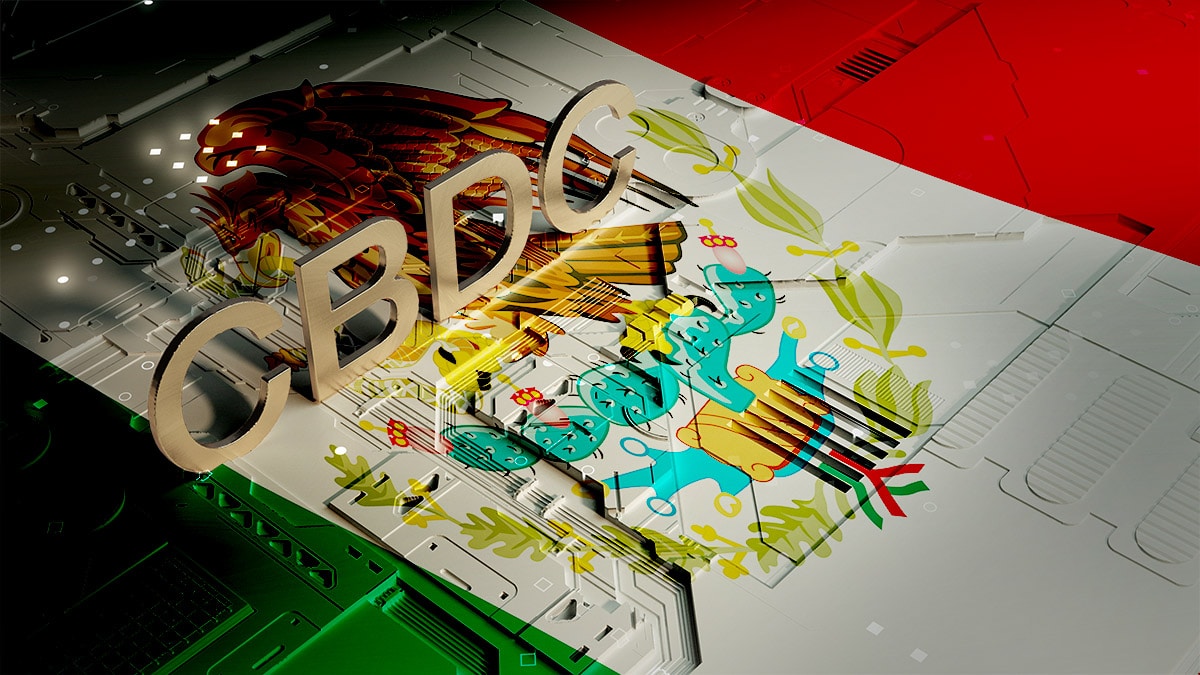It is rather assumed that your AI assistant of the future will be a disembodied AI service. Just a voice that floats around the ether and whose spirit waits in limbo until you have an instruction to give or a question to ask.
But it's not going to be like that.
In the mid-term future, AI assistant services will become very intimate and highly personalised. That is to say, we will all be relying on them to help us navigate the complexity of everyday life, and they will become integrated into our selves.
In the latest episode of The Future of You podcast, Dr Natasha Vita-More and I discuss what form an AI assist will most likely take. I recalled for instance, that Eric Schmidt, the former CEO of Google, had spoken of an assistive AI being capable of feeling out new dimensions of the world around us, in order to draw our attention to things we might have missed. In fact, he said that he thought it would be possible for such services to detect a completely new reality, one that is beyond human access, so that the AI would be sensing a richer form of reality. That's a reality that would be inaccessible to mere mortals. His book, co-written with Henry Kissinger and Daniel Huttenlocher is well worth a read on future AI issues such as this.
Dr Vita-More was able to build on this suggestion because back in the 1990's she had come to realise she needed some kind of AGI assistant to help her deal with emotional dilemmas. She told me that she had been getting some negative feedback about her ideas on Transhumanism and having taken that prejudice to heart, had noticed she was feeling increasingly resentful towards her critics. She explained, "I thought I'd love to have an AI work with my brain, with my personality, my reactions and to say 'wait a minute, do you really want to do that, hey stop a moment?' "
She saw this as a potential best friend, like an angel on one's shoulder, so that instead of retaliating, or feeling angry, one could be encouraged to pause for a moment and collect one's thoughts, and maybe think twice about the assumptions one was making - before reacting. She came up with the idea of an AGI assistant that would be an augmentation to her brain, and she named this concept The Meta Brain. She goes on to say, "It would be working 24/7 doing instant replay so that if I said something or you left the room, and you thought, 'oh did I really say that?' it would replay the situation to you...you could have a more accurate memory than what we have now which is a subjective memory".
One can't help but recall the Black Mirror episode 'The Entire History of You' perhaps.
She calls this Wisdom Meta Knowledge, and claims it would work through AGI neural macro sensing, in other words, narrow advanced AI and neural macro sensing. She names it a 'whole sensing system' - a central nervous system and peripheral nervous system acquiring wisdom. This would provide feedback and facilitate reflection or analysis to help you respond to life situations better, aid stronger mindfulness, and steer us towards clearer thinking. You can read her paper here.
This is the sort of Transhumanist approach I am most familiar with from proponents of Transhumanism: to use science and technology to overcome cultural, societal and biological or personal limits to the human condition. So it is not very helpful that we heard Google would be rolling out a new ‘inclusive language’ function, designed to avoid the use of politically incorrect words. In a sense, this is an AI assist, but rather than working in concert with the human being - providing feedback or helping with analysis in a co-discovery sense - it is designed to enforce certain rules or create norms to be placed on all humans. And in so doing, limit rather than remove limits, on human emotions and discourse.
There is more to say on this subject, which I'll be covering in forthcoming posts but suffice to say, what is now emerging is a battle over how much control we will have over AI Assistant services. Will they be part of the individual 'self' to be used in a way that is personally managed by you, or me? Or will AI Assist be used to ensure we all conform to one world view, behave and speak in the same way, forcing us to become harmonised rather than liberated? We have work to do.
Digital Identity: articles of interest









